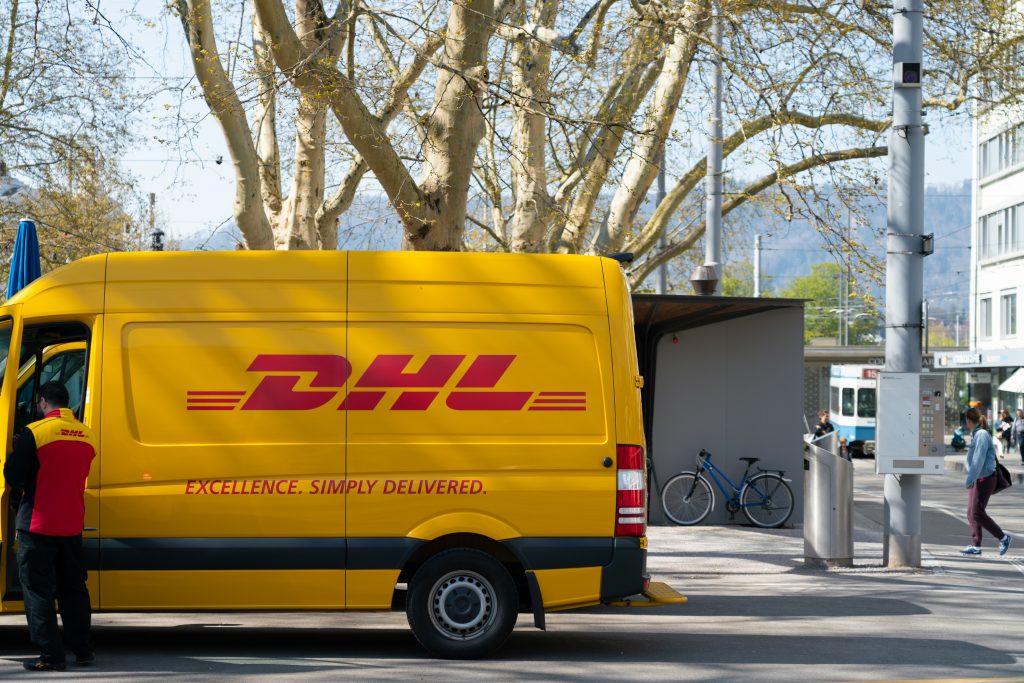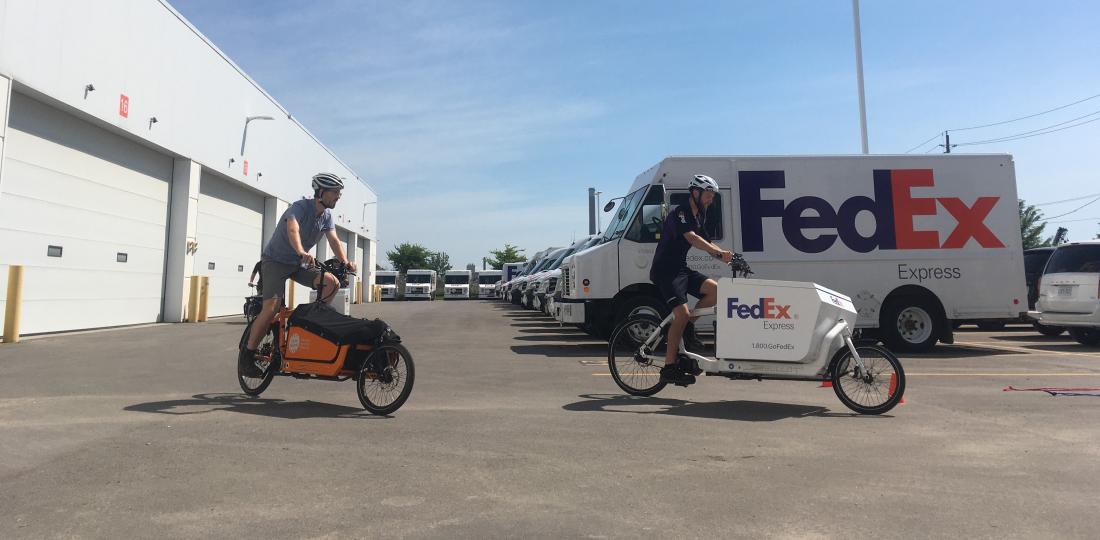In short, if 10% of van deliveries were made by cargo bike, we would save emissions of over 130,000 tonnes of CO2 each year.
90% less CO2. According to a UK study by researchers at the University of Westminster, e-cargo bikes are 60% faster than city-center vans. The observation is clear: their average speed is higher and cargo deliverers can drop off 7 packages per hour against 4 for vans. A real gain in efficiency coupled with a huge environmental advantage since the report establishes that cargo deliveries produce 90% less CO2 emissions than diesel vans (and 33% less than electric vans).
4 tons of CO2 less. To carry out the study, the researchers relied on GPS data collected by the cargo bike company Pedal Me, operating in central London. The researchers compared the deliveries made by their cargo bikes in the English capital for 100 days with the routes that the vans would take to deliver the same packages. And one of their most telling conclusions is that Pedal Me’s work saved a total of 3,896 kilograms of CO2. Or nearly 4 tonnes. Huge.
Last mile. Obviously, electric bicycles cannot ensure all deliveries. But the study shows that replacing 10% of the kilometers driven in thermal vans would be enough to eliminate the emission of 133,300 tonnes of CO2 per year. A benefit that could greatly benefit France. As established by a study by the Center for Strategic Analysis: “in most French cities, urban freight represents on average 20% of traffic, 30% of road use and 30% of greenhouse gas emissions. Greenhouse “. Figures that tell the importance of actively working on a viable solution to ensure that famous “last mile”.

“Late gauges from Europe recommend that up to 51% of all cargo ventures in urban communities could be supplanted via payload bicycle,” said Ersilia Verlinghieri at the Active Travel Academy at the University of Westminster and lead creator of the report. “So it’s momentous to see that, assuming even only a piece of this shift were to occur in London, it would be joined by emotional decrease of CO2 discharges, yet additionally add to an extensive decrease of dangers from air contamination and street car accidents, while guaranteeing a proficient, quick and solid metropolitan cargo framework.”
Hirra Khan Adeogun at the environment good cause Possible, which dispatched the report with financing from the KR Foundation, said: “We’ve seen home conveyances soar during the Covid lockdowns and that pattern is probably going to proceed. We critically need to put on the brakes and reexamine how products travel through our urban areas. Payload bicycles are one arrangement that we need to get behind.”
